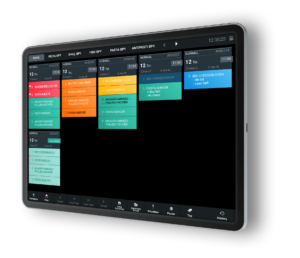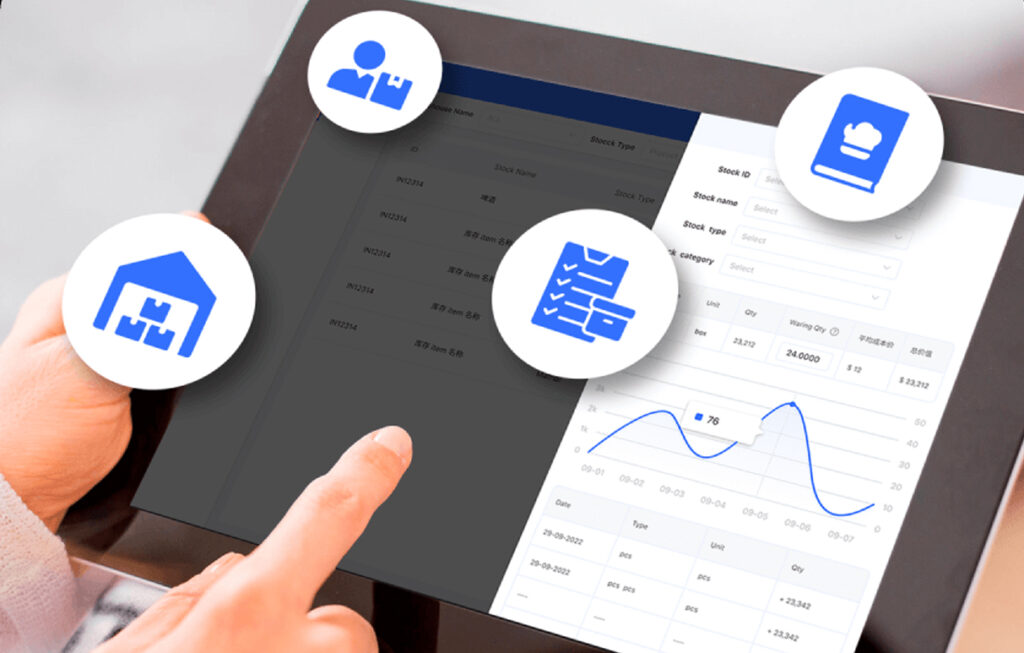POS (Point of Sale) systems have evolved far beyond just processing transactions; they are now powerful tools for gathering and analyzing customer data. By leveraging data analytics, POS systems provide valuable insights into customer behavior, which can be used to create personalized marketing strategies and make informed business decisions.
Understanding Customer Preferences: POS systems collect data on every transaction, including what products are purchased, at what time, and by whom. By analyzing this data, businesses can identify trends and patterns in customer behavior. For example, a restaurant might notice that certain dishes are more popular during specific times of the day or with particular demographics. This information allows businesses to tailor their offerings to meet customer preferences, enhancing satisfaction and loyalty.
Personalized Marketing Campaigns: With detailed insights into customer purchasing habits, businesses can create highly targeted marketing campaigns. For instance, if a retailer knows that a customer frequently buys a particular brand of clothing, they can send personalized offers or discounts on that brand, increasing the likelihood of repeat purchases. Such targeted marketing not only improves customer engagement but also maximizes the return on investment for marketing efforts.

Inventory Management and Product Recommendations: Data analytics from POS systems can also improve inventory management by predicting which products are likely to sell out quickly and which ones may be overstocked. This helps businesses optimize their stock levels, reducing waste and ensuring that popular items are always available. Additionally, by understanding customer preferences, POS systems can recommend complementary products, encouraging customers to buy more during a single visit.
Enhanced Customer Experience: By integrating data from loyalty programs and customer profiles, POS systems can offer a more personalized shopping experience. For example, when a regular customer makes a purchase, the system can automatically apply discounts or suggest products based on their previous purchases. This level of personalization makes customers feel valued and can significantly boost their overall experience.
Informed Decision-Making: The insights provided by POS systems are not just useful for marketing—they are crucial for overall business strategy. Owners and managers can use data analytics to identify underperforming products or services, optimize pricing strategies, and even decide on new business ventures. By making decisions based on real-time data, businesses can stay agile and responsive to market changes, ultimately improving profitability.
In conclusion, by leveraging data analytics, POS systems empower businesses to gain a deeper understanding of their customers, enabling them to offer personalized experiences, optimize operations, and make informed decisions that drive growth.

